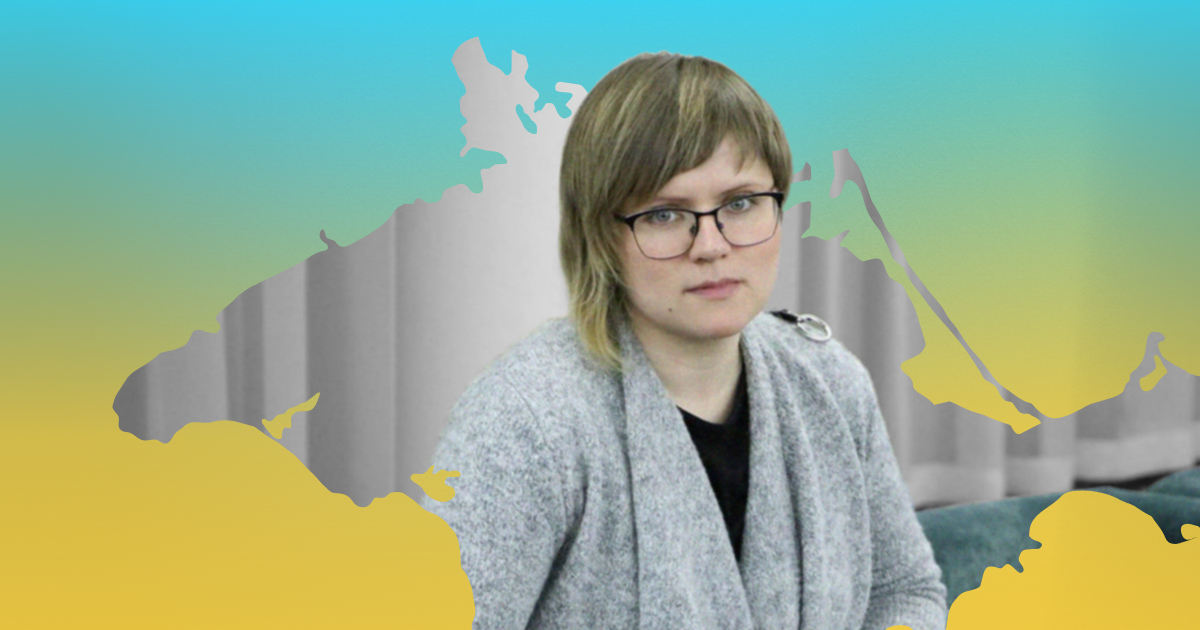The path to a de-occupied and peaceful Crimea: what to do?
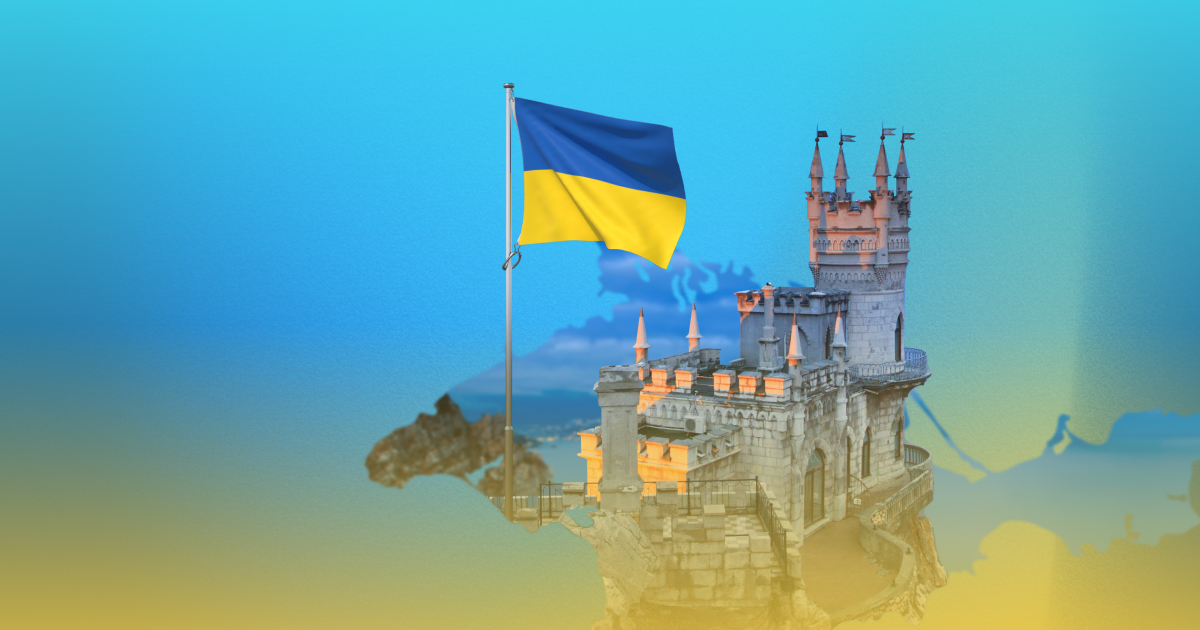
Since the beginning of the full-scale war, military experts, Ukrainian authorities, and Ukrainian citizens have been saying that the Russian-Ukrainian war will end in Crimea with the liberation of the peninsula and its return to Ukraine. However, the question arises: what to do with the people who live there now, and how to reintegrate them after the liberation of Crimea from the Russian occupation?
De-occupation and reintegration of Crimea is a matter of national security
"We have a de-occupation plan. And not just one. Depending on the situation that will unfold, we will use one or the other," says Oleksii Danilov, Secretary of the National Security and Defense Council of Ukraine.
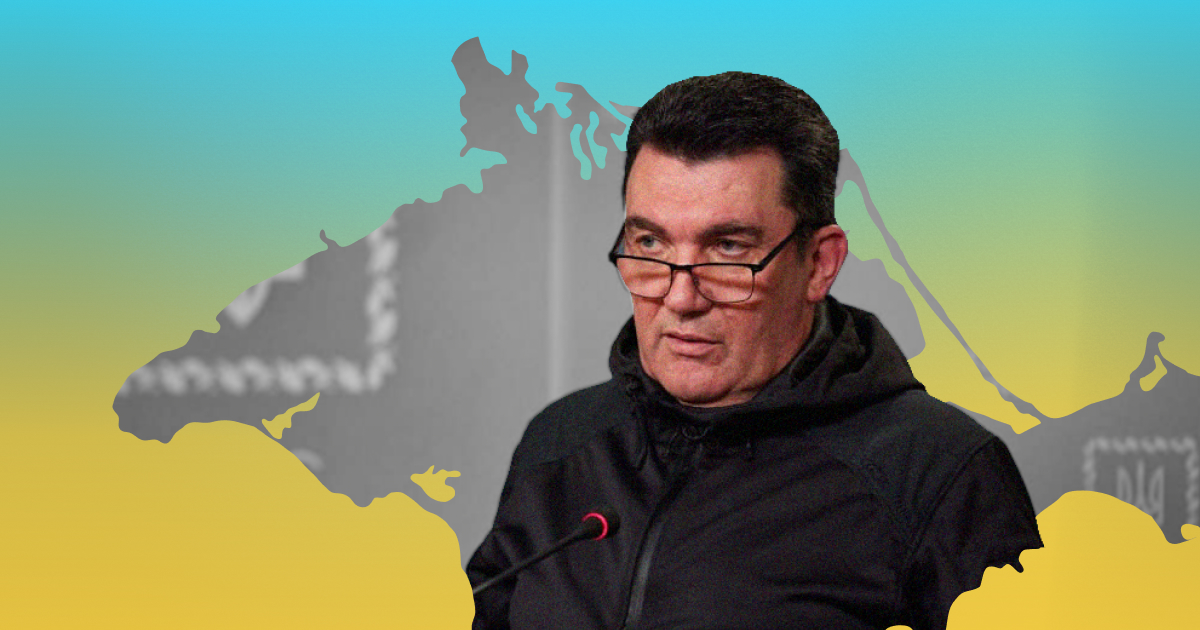
Danilov is confident that until Russia is defeated, the world will be in a difficult situation from a security point of view. Moreover, if Russia does not lose, a new Hitler will appear on the international scene in five years.
Developing one's own ways
On March 24, 2021, the President of Ukraine, Volodymyr Zelenskyy, approved the Strategy for the De-occupation and Reintegration of the Temporarily Occupied Territory of the Autonomous Republic of Crimea and the City of Sevastopol.
"We are currently working on updating the strategy because the vision of reintegration has changed and no longer corresponds to reality. Before the full-scale invasion, we did not think of de-occupying Crimea by military means — only by diplomatic, political, and economic ones. Now everything has changed," says Iryna Vereshchuk, Deputy Prime Minister and Minister of Reintegration of Temporarily Occupied Territories.
Vereshchuk also said that despite the presence of international experience in the context of de-occupation and reintegration of territories, Ukraine will still have to work out its own ways.
"We can look for experience in other world wars and conflicts, but they will not correspond to our reality," Vereshchuk added.
Restoration of Crimea
The Ministry's task in the reintegration of the temporarily occupied Crimea is to use all the available methods of the material world to restore the connections between continental Ukraine and the peninsula, explains Oleksandra Azarkhina, Deputy Minister of Infrastructure of Ukraine.
"Together with the Representative Office of the President of Ukraine in the Autonomous Republic of Crimea, we have developed a vision of Crimea's restoration. For example, we are working on the train connection with Crimea," said Oleksandra Azarkhina.
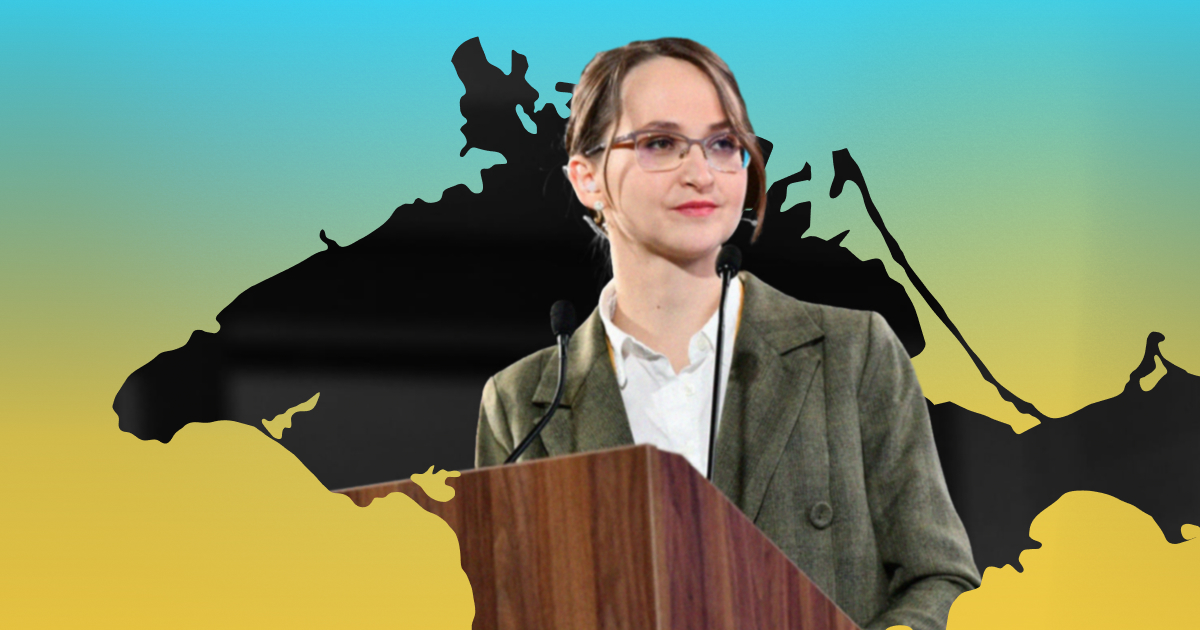
Azarkhina also emphasized that the Ministry of Infrastructure is working on a plan for demining the Black Sea.
"The biggest problem is that we do not have a clear understanding of what is happening on the peninsula from an economic point of view. Our statistics are limited," Azarkhina said.
Main tasks of the Representative Office
On behalf of Volodymyr Zelenskyy, the Representative Office is working together on a reintegration plan. These are several difficult issues, in particular regarding Russian citizens who illegally came to the occupied Crimea, says Permanent Representative Tamila Tasheva.
There is only one position: Russian citizens who came to Crimea after 2014 must leave Ukraine. At the same time, Tasheva stressed that there are some exceptions. For example, the family of a political prisoner whose wife is Russian but has a pro-Ukrainian stance or lawyers who defend the rights of political prisoners. "Since they came illegally, they have to leave, but they will be able to apply for residence in Ukraine later," Tasheva adds.
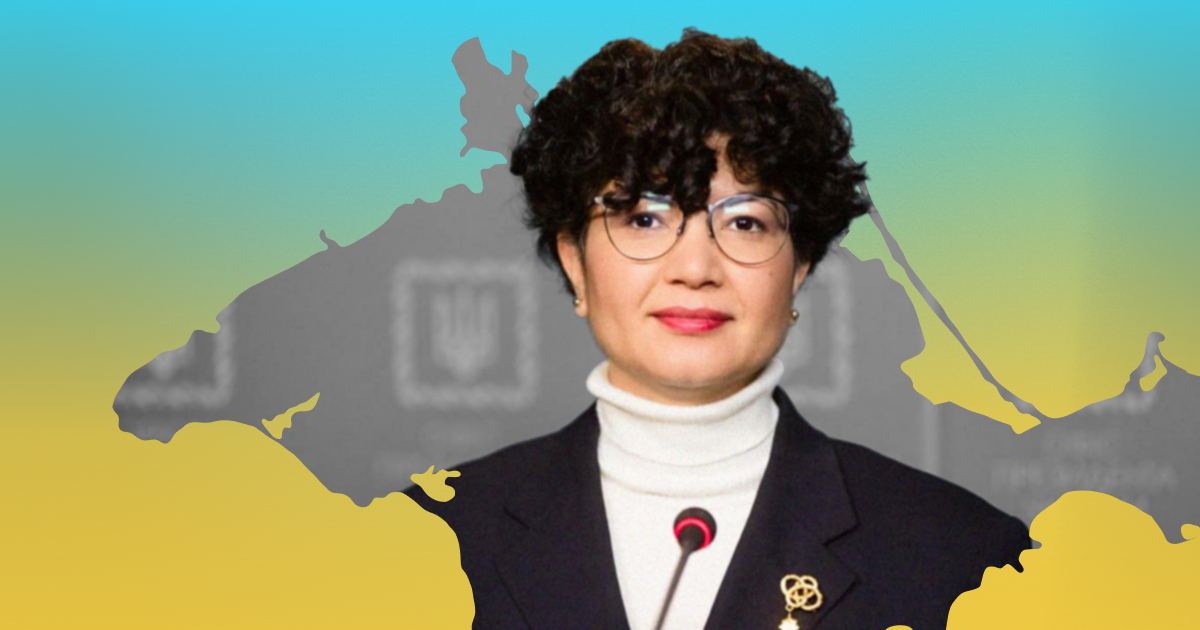
In addition, the Representation is working on the issue of prosecution for cooperation with the occupation administration.
"We don't have an exact answer as to whether they will be held accountable. Some people worked at the lower levels of the occupation administrations. As a state, we are already communicating with the territory of Crimea about the possible consequences for these people. For almost 9 years of occupation and especially during the last 3 years and the great war, we have been developing framework solutions, which will then be incorporated into legislation. Later, we will start working with the Ukrainian parliament," says Tasheva.
The Permanent Representative also mentioned how the resistance movement in Crimea intensified after February 24 and Russia's new criminal article 20.3.3 on the so-called "discrediting of the Armed Forces of the Russian Federation," which resulted in more than 200 proceedings. And these are just the known cases.
"We only know the tip of the iceberg — what we saw in court records. There are also 150 Kremlin prisoners, 109 of whom are Crimean Tatars. Our citizens in Crimea in 2014 did not have a strong army and the Ukrainian government behind them. Now people started to take action. They understand that these actions can be labeled extremist or terrorist, and they can be imprisoned," the Permanent Representative emphasized.
The fate of the Crimean Tatars and the future status of the Autonomous Republic of Crimea
"Hundreds of thousands of people have not broken down and are waiting for Ukraine. These are Crimean Tatars and ethnic Ukrainians. As soon as we de-occupy the peninsula, we must improve the lives of these people for the next millennia. It is important to understand the way of development of Crimea as a part of the Ukrainian state," said the Chairman of the Mejlis of the Crimean Tatar People, Refat Çubarov.
Çubarov also emphasized that Crimea should retain a special status within Ukraine: "We have foreseen special mechanisms for restoring the rights of the indigenous people by creating conditions for equal rights for all those living on the peninsula. This is a coordinated approach."
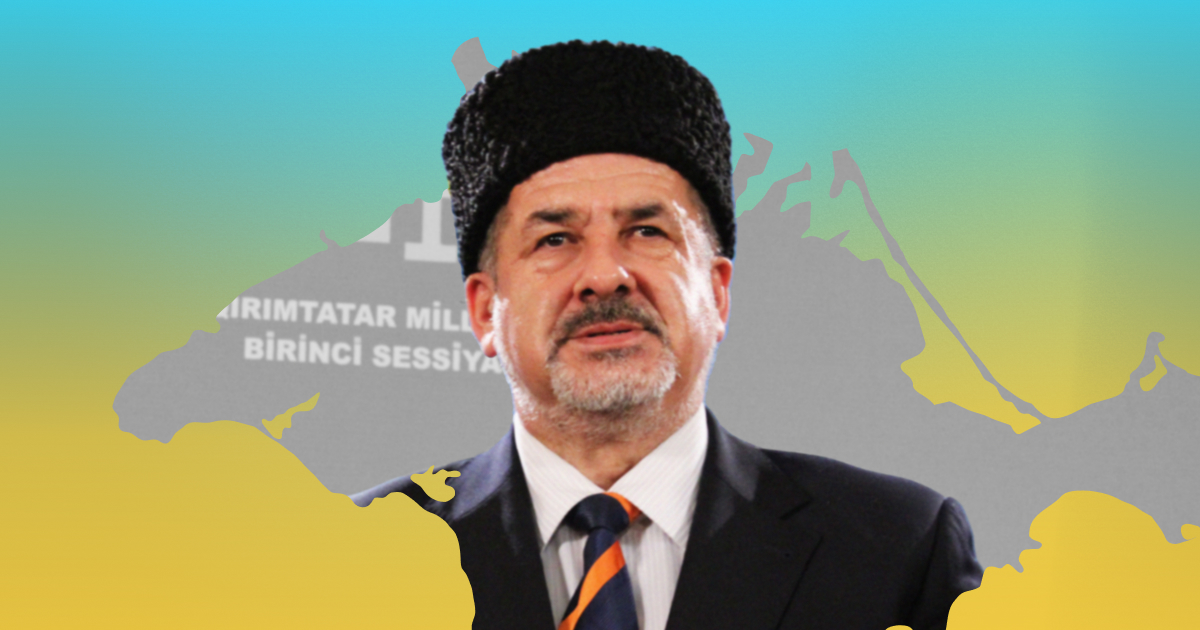
According to the Chairman of the Mejlis, the observance of human rights in de-occupied Crimea is not only about creating conditions but also about eradicating factors that impede the observance of these rights.
"Being outnumbered is not a criterion for the majority to neglect or create rights for you. We cannot allow almost a million Russian citizens who have illegally settled in Crimea to continue to violate our rights and prevent us from breathing using the usual democratic voting mechanisms. We will continue to talk about it, in particular in the Council of Europe at the meeting with the Secretary General of the Council of Europe, Marija Pejčinović Burić, which will take place soon," Çubarov concluded.
Punishment of Russians and priority actions of civil society
"For almost 9 years, the Prosecutor's Office of Crimea has been operating in exile. We have organized our work so that every fact of crime is recorded in our criminal proceedings. All information is accumulated and has no "expiry date." We have a huge database of criminals. The only thing left to do is to get to them," said Ihor Ponochovny, Head of the Prosecutor's Office of the Autonomous Republic of Crimea and the city of Sevastopol.
Meanwhile, Olena Luniova, advocacy director of the ZMINA Human Rights Center, spoke about the primary steps taken by civil society after the de-occupation of Crimea: "We are not going to organize a 'witch hunt'. We need to make sure our citizens are not afraid of the restoration of the Ukrainian government. This is our biggest long-term task. After all, we realize how much the occupied peninsula is currently poisoned in terms of information and culture. Russia has done everything possible with its propaganda to make Crimeans fear and hate Ukraine. But we already know we have destroyed the "Russia is here forever" myth. Our citizens are waiting for us."
